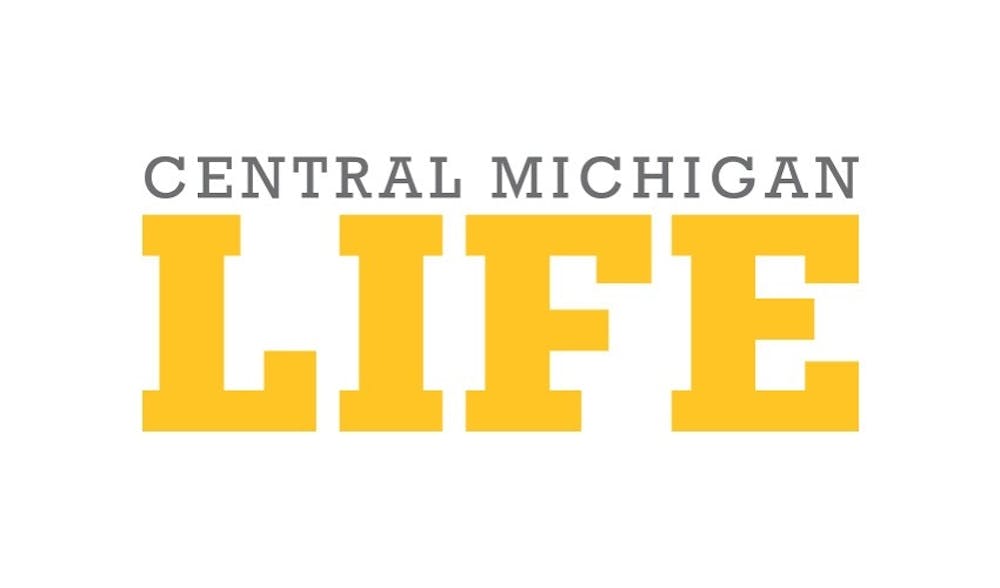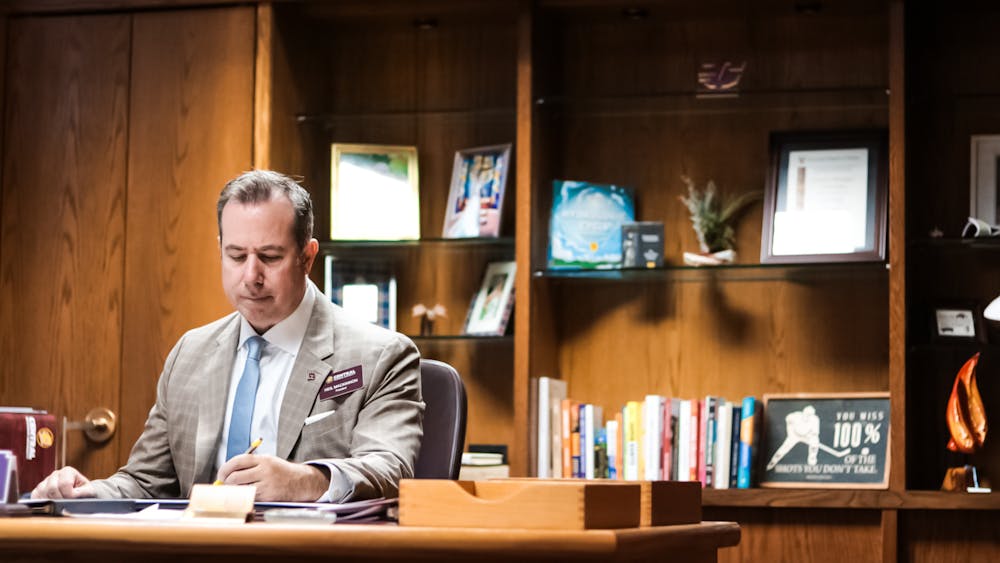Student-athletes, coaches can't cash in on March Madness Brackets
More than 13 million brackets were filled out on ESPN.com for the 2016 NCAA Men’s Basketball Tournament.
CMU men's basketball Head Coach Keno Davis filled out a bracket with his eight-year-old son for fun — picking North Carolina to win.
Under NCAA rules, student-athletes, staff members of an institution’s athletics department, non-athletics department staff members and staff members of a conference office are not able to gamble on any intercollegiate or professional sports. This includes fantasy football, online sports betting and NCAA Tournament brackets.
The Central Michigan Student-Athlete Handbook also prohibits student-athletes from making bets on NCAA Tournament brackets. They can create brackets for fun.
Michigan does not have a specific prohibition against using the internet to make, offer or accept bets because of the adoption of the Public Act 185 in 2000. The Act repealed a previous act that made it unlawful to use the internet to violate certain anti-gambling laws in Michigan.
Davis said he reminds his players “all the time” about not betting on March Madness brackets and other things that could get them in trouble.
“Our Compliance office (talks) with all of the athletes here,” Davis said. “We speak with them, we put the fliers up there. They can do a free (bracket). So if there was a free one where you could just enter it online and it doesn’t cost you anything. You just can’t put any money into it.”

According to a study by the National Council on Problem Gambling, nearly 30 percent of male college athletes bet on sports. Their study also concluded that athletes are at a higher risk to gamble because of their competitive personalities and sense of entitlement. They also say that students who had gambled in the past year had higher rates of binge drinking, use of marijuana, cigarettes and illicit drugs, and unsafe sex after drinking.
“It’s not so much the brackets that they’re worried about,” Davis said. “It’s that, you start that, now you start doing the other things. Things something that always is a worry in athletics is the gambling side of it, especially with the student athletes.”
If the gambling is designed to influence an outcome, win/loss margins or involves an athlete’s own institution, the consequence is permanent loss of all eligibility in that athlete’s sport. If it’s any other type of sports-related gambling, student-athletes lose at least one year of eligibility.
Online sports betting, which is illegal in the United States, might be punishable under federal law.
The Interstate Wire Act of 1961 makes it illegal for people to engage in wagering through the use of wired communication. These wired communications include the internet, which makes bracket pools, involving online monetary bets, illegal.
CMU baseball sophomore shortstop Zach McKinstry is one student-athlete who made a bracket without putting money on it.
“I have a pretty good bracket right now,” he said before the Final Four. “I fill one out every year and put it in a group with one of my friends. We don’t really do any money thing.”
Romello Ross, football freshman running back, doesn’t mind the strict rules against gambling — even if it includes the NCAA basketball tournament.
“I’m not really a fan of gambling,” Ross said. “I’ve got a couple family members who do some hard gambling and it’s not really my thing.”







